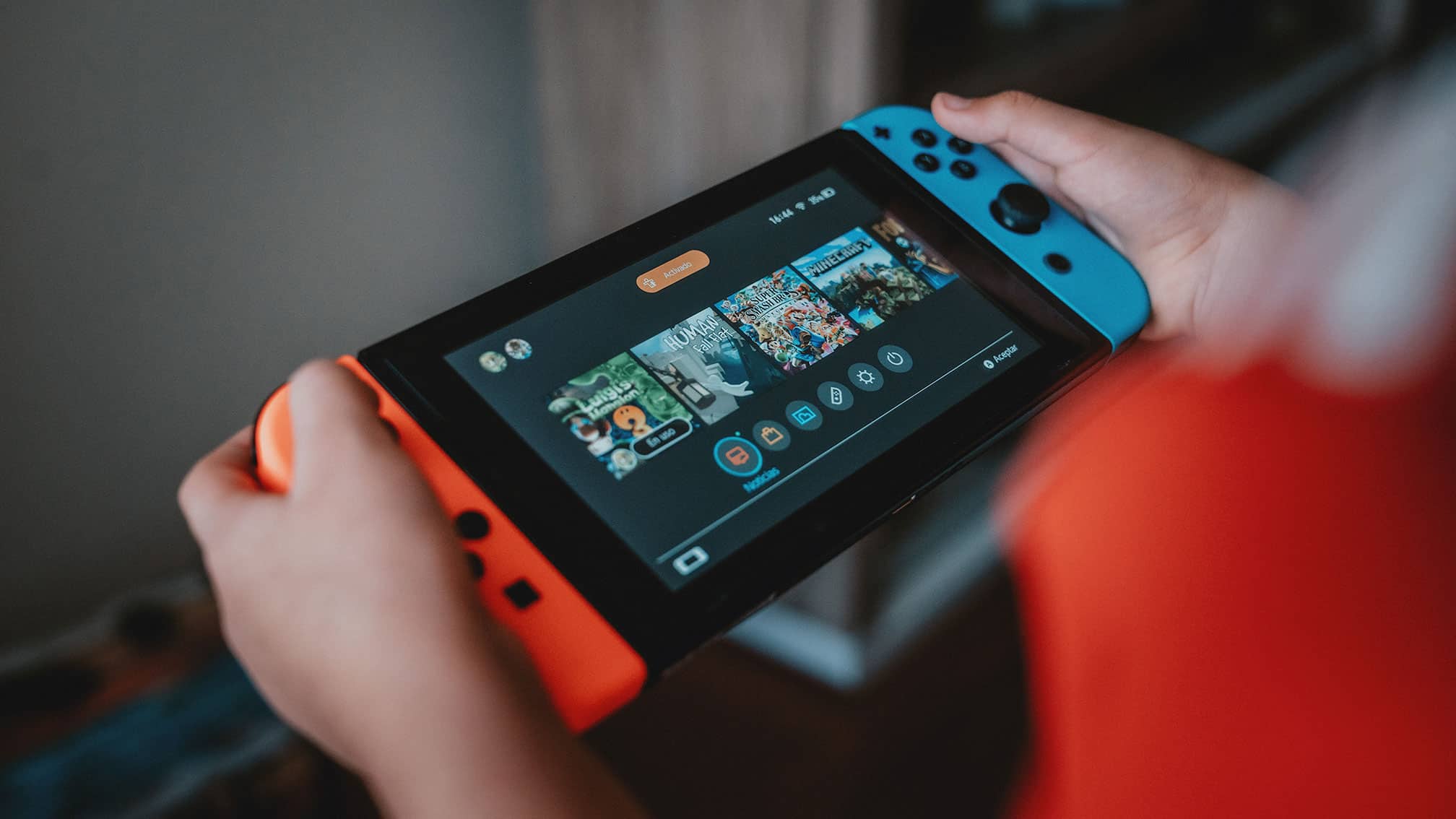July 9, 2019
Nintendo
"We think that the current valuation of Nintendo is such that just a success in digitization or in the development of smartphone games can already lead to a good return on investment."
July 9, 2019
"We think that the current valuation of Nintendo is such that just a success in digitization or in the development of smartphone games can already lead to a good return on investment."

Because Japan is the third largest economy of the world and home to many leading and innovative multinationals, we are keen to invest in Japanese equities. At the same time, it can be difficult to find Japanese companies that meet our selection criteria. With our recent purchase of Nintendo, known for games such as Mario, Pokémon and Zelda, we believe we have added a Japanese company to our portfolio that meets our quality requirements.
The business model of Nintendo is as follows: Nintendo tries to sell as many gaming consoles as possible by selling them with a minimal margin. After a consumer has paid around EUR 300 for a console, Nintendo sells games for around EUR 60 per title. If Nintendo developed that game themselves, the company earns EUR 60 minus the store’s fees. If an independent developer developed the game, Nintendo earns approximately EUR 10 in royalties.
Historically, Nintendo has been a volatile company. The life cycle of a successful console only lasted for a few years each time around, after which Nintendo had to develop a new hit console and rebuild the user base from scratch.. The Nintendo Wii for example was sold between 2006 and 2013, and it wasn’t until 2018 that their latest gaming console, the Nintendo Switch, came to the market.
In June 2018, Mr. Furukawa was appointed the new President of Nintendo. Under the new management, we see five reasons to be positive about the Nintendo’s business:
Digitization of the sale of games. Unlike the competitors PlayStation (Sony) and Xbox (Microsoft), most Nintendo games are still stored on a physical medium and sold in store. As Nintendo recently added the possibility to buy and download a game online, Nintendo can now keep the 30% that normally goes to the retailer. Together with the cost savings of not making and distributing physical discs, this adds up to circa 20 euros extra income per game. In addition, Nintendo launched Switch Online in December 2018. This is a subscription-service to play online with friends for $ 20 a year. Although Nintendo had only eight million members after four months, we see no reason why this cannot grow to the 59 million members that Xbox has or the 90 million members of PlayStation.
China. Until recently, sale of gaming consoles was not allowed in China. As a result, only a few consoles were sold on the black market and the majority of the Chinese instead play games on their PC or smartphone. In April 2019, the “Guangdong tourism and culture agency” approved the Nintendo Switch for sale. This is only a first step, and must be followed by approval from the central government plus the ratification of individual games. Nevertheless, with $ 30.8 billion a year, China is the largest market for computer games and the market has great potential.
Smartphones. In 2016, Pokémon Go was the most popular smartphone game worldwide for several months. However, after that huge hit, the company was slow to release new smartphone games. Current management has indicated that 2-3 games per year will be released. We think it is likely that a game like Mario Kart Tour, due for release this summer, has a lot of potential. Nintendo, unlike its competitors, in the past has been reluctant to charge money for “in-game purchases”. Competitors were frequently criticized for these in-game charges. After observing this trend for a few years, Nintendo expects to be able to earn more from their games without damaging their reputation.
Other earning methods. Since the new management was appointed, plans have been made to build Mario attractions in Universal Studio theme parks. Nintendo is also working on movies with Nintendo lead characters and recently announced that they will open a flagship store in Tokyo. This seems to be indicative of the attention paid by the current management to Nintendo’s intellectual property (IP), and the monetization of this IP. Like Disney, Nintendo has a lot of IP to utilize, including Super Mario, Zelda and Pokémon.
An end to the hit-based Nintendo business model. The Nintendo Switch has a strong network effect. Because many people buy the game console, many developers are eager to make games for the Switch, in turn making the console even more attractive to buy. We think that gaming computers, just like smartphones, have reached a phase in which the graphic progress is minimal. For this reason, the Switch can be simply followed by a Switch 2.0, which can build on the same network of players and developers as the current Switch. The Switch Pro and the Switch Mini will be available in stores later this year. With only incremental improvements in the hardware, it should be possible to play older games on these consoles as well, ensuring that the network effect is not cancelled out every few years.
The risk to the investment case is that the Nintendo Switch will no longer be sold in two years’ time and that Nintendo will not be able to abandon their hit-based model. Mr. Furukawa’s clearly different approach gives us the confidence to give Nintendo time to deliver on initiatives discussed above. We think that the current valuation of Nintendo is such that just a success in digitization or in the development of smartphone games can already lead to a good return on investment.